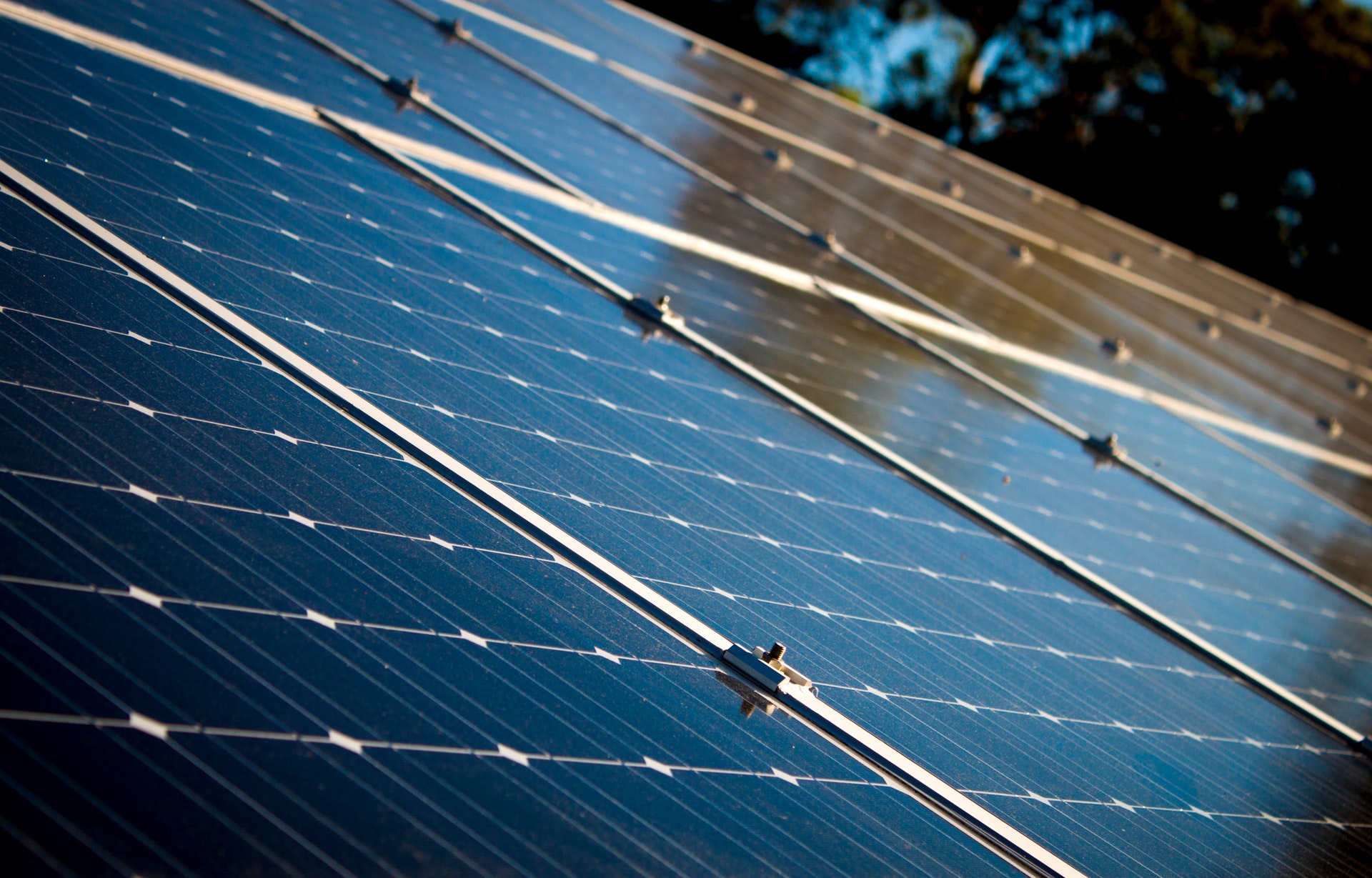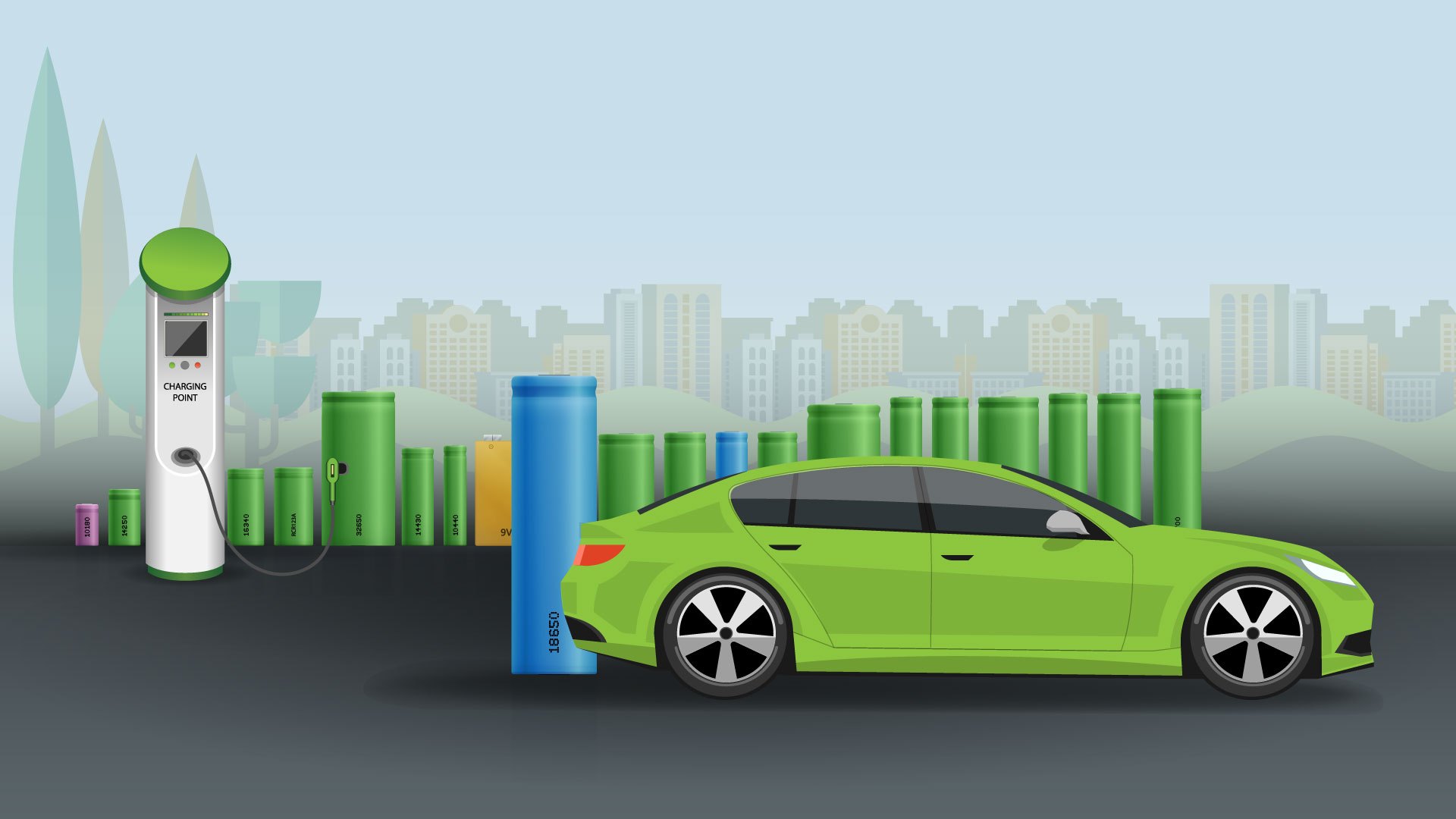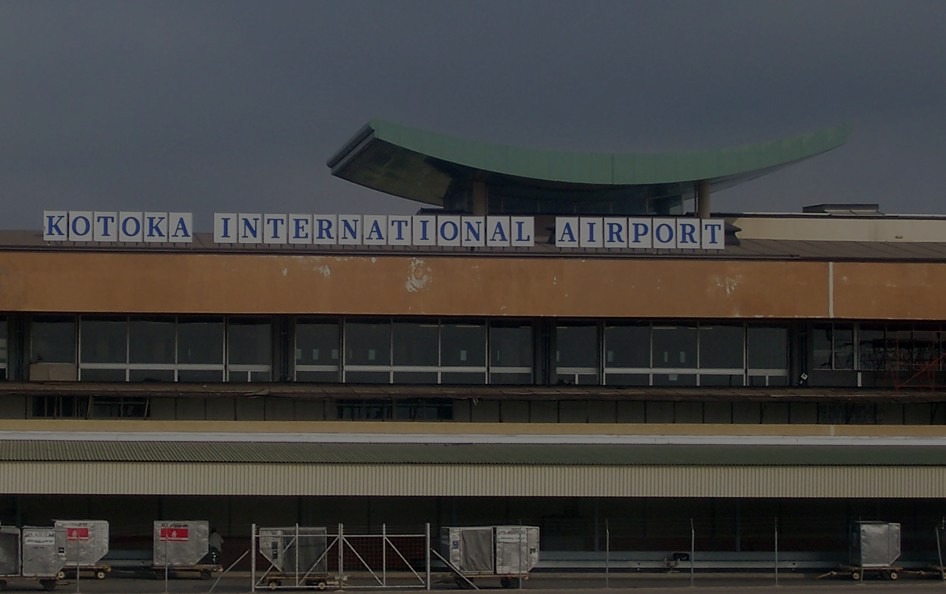JSW EnergyNSE, Jaiprakash AssociatesNSE, Jindal Power, Sembcorp Gayatri and Essar Power were am ongst 16 projects that bid for three-year power purchase agreements (PPAs) with states. The sale for 2,500 mw of PPAs has gotten offers cumulating 4,077 mw.
ongst 16 projects that bid for three-year power purchase agreements (PPAs) with states. The sale for 2,500 mw of PPAs has gotten offers cumulating 4,077 mw.
Given the great reaction, government is expecting lower duties in the range of Rs 3.50-Rs 4 for per unit in the current round of the PPA auction against Rs 4.24 per unit in the first such auction conducted last year.
As per the sources, the organizations which participated and showed an interest incorporate Meenakshi Energy, DB Power, TRN Energy and RKM Powergen.
“The response to the auction has been good this time as the government altered some of the more stringent rules,” an official in know of the development said.
Against 2,500 mw PPA offers in the pilot auction round a year ago, total limit of 1,900 mw was agreed and signed upon. Chosen bidders have recently begun providing the whole capacity.
The auctions were commenced on January 31 a year ago. PFC Consulting Limited has been named as the nodal agency for the offering, while NHPC is the PPA aggregator. NHPC India will consent to three-year arrangements for acquisition of power with effective bidders and power supply agreement with state distribution organizations.
The financial offers will be opened on April 18 and from that point a reverse e-bidding will be directed under which power generators should bring lower tariffs in the online procedure. The levies will be connected to inflation, unlike the last round where these were fixed for a long time of almost 3 years.
The reverse e-bid auction for PPAs is in an alternate format from the past auction directed by the power minister in April a year ago. In the past tenders, the bidders needed to coordinate the most reduced cited cost to pack contracts.
Likewise, the bidders will cite capacity charges this time and the plan guarantees least offtake of 85% of contracted capacity to power plants. In the last round, the fixed cost was kept at 1 paisa for each unit with minimum offtake assurance of 55%.


